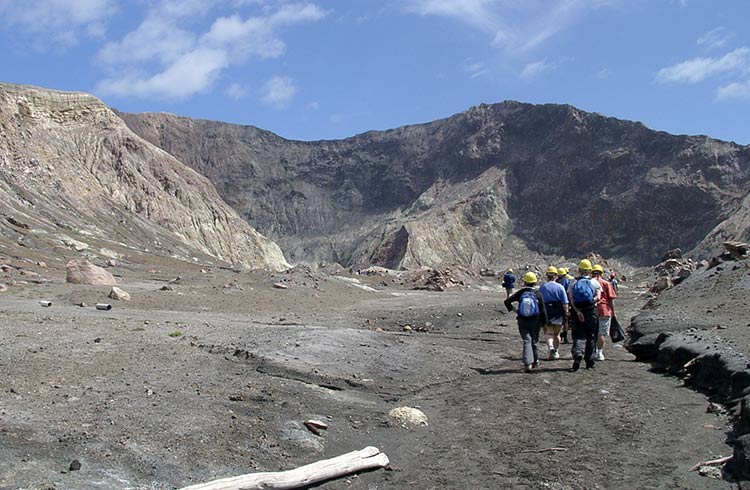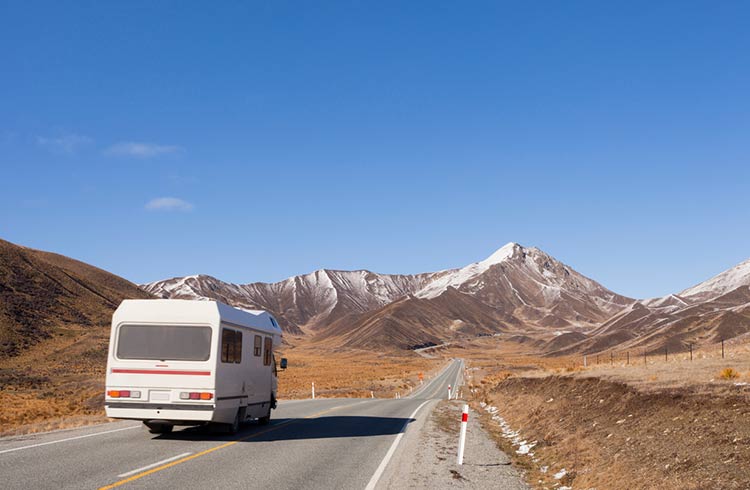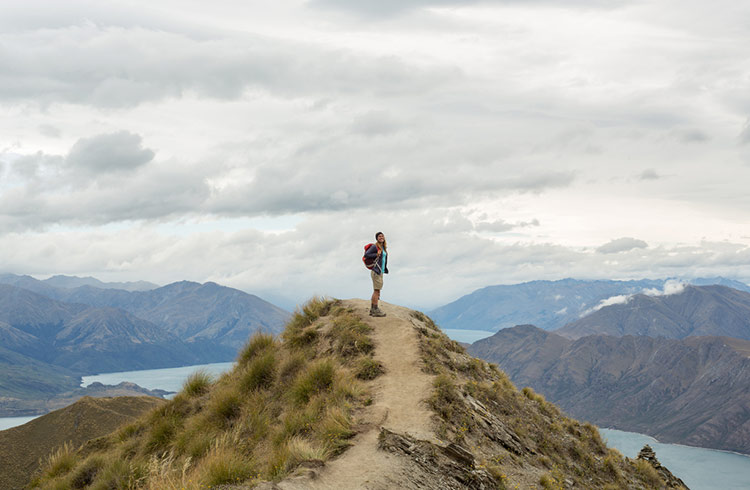Natural Hazards in New Zealand: What You Need to Know
Coronavirus (COVID-19) and travel: The situation around the world is changing dramatically. Various governments have changed their travel warnings to restrict travel during this time. To understand how this may impact cover under your policy, please go to our FAQs and select your country of residence.
For the latest travel warnings and alerts around the world, read about lockdowns and border restrictions.
New Zealand is prone to some natural disasters, namely earthquakes. Find out what to do when danger strikes on your adventure.
Shares
 Photo © iStock
Photo © iStock
- Earthquakes and natural disasters in New Zealand
- Diseases and illness
- Creatures that bite
- Poison plants
Earthquakes and natural disasters in New Zealand
New Zealand's greatest natural disaster risk comes in the form of earthquakes, due to its location in an area of seismic shift.
A devastating 6.3 magnitude earthquake struck Christchurch on the South Island in late February 2011, killing more than 180 people and resulting in severe structural damage. Thousands of aftershocks have been recorded since then, including one which was as big as the original quake and brought down more buildings.
In 2016 a magnitude 7.8 earthquake struck Kaikoura, resulting in two deaths and complex changes to the landscapes along the coastline. Widespread damage destroyed roads, damaging bridges and leaving many highways impassable.
New Zealand also has a number of active volcanoes, and also some dormant volcanoes that may become active in the future. There are warning systems in place, and alert levels that range from 0 to 5. In December 2019, the volcano on White Island erupted unexpectedly. Almost 50 people were on or near the island at the time.
Diseases and illness
One lurking sickness in New Zealand is the creepy amoebic meningitis. By "creepy" we mean the amoeba that crawls up your nose to infect you with the illness. Gross, right? The condition strikes most often in geothermal pools, in areas such as Taupo and Rotorua on the North Island.
You may not show symptoms until you're back home from your trip, as they can take as long as a week to develop. You'll feel pretty vile – fever, vomiting and headache are common signs of this form of meningitis. You can safeguard yourself against the illness by not dipping your head into the water if you swim in the geothermal pools.
Another water-borne organism that can infect you on your New Zealand vacation is the giardia parasite. It favors untreated stream and lake water, but you can get it even from tap water. Be safe and drink only filtered water. You can also drop some iodine into your water to kill off the organism. If you do fall ill, you'll have gas and diarrhoea. The prescription anti-parasitic drub tinidazole or the antibiotic metronidazole can help fight off the illness if you get it.
Creatures that bite
Unlike Australia, New Zealand doesn't have a huge array of stinging, blood-sucking, poisonous creatures crawling or flying about.
It is, however, home to two kinds of poisonous spiders. The one to worry about the most is the white-tailed spider, which – while rare – can produce ulcers on the skin when it bites. The katipo is the other poisonous arachnid variety, but it is far less dangerous.
Another common annoyance is the sand fly, but that sure beats deadly snakes and spiders.
What the country does share with Australia, are strong rip tides. Don't swim when the red flags are raised or lifeguards are absent. If you do happen to get stuck in a current, never try to swim against it. Instead, swim parallel to the beach until you can get closer to shore or someone can rescue you.
Poison plants
Most plant life in New Zealand won't harm you unless you eat it. When it comes to flora and fauna, probably the most important thing to keep in mind is that the country, like Australia, does not let many plant, animal or wood products into the country.
Most food can also not be transported into either island. There are stiff fines if you try to bring any of these items into New Zealand without telling immigration.
Get a travel insurance quote for New Zealand
You can buy at home or while traveling, and claim online from anywhere in the world. With 150+ adventure activities covered and 24/7 emergency assistance.
Related articles
Simple and flexible travel insurance
You can buy at home or while traveling, and claim online from anywhere in the world. With 150+ adventure activities covered and 24/7 emergency assistance.
Get a quote

1 Comment
why dont you talk about the people who lives there